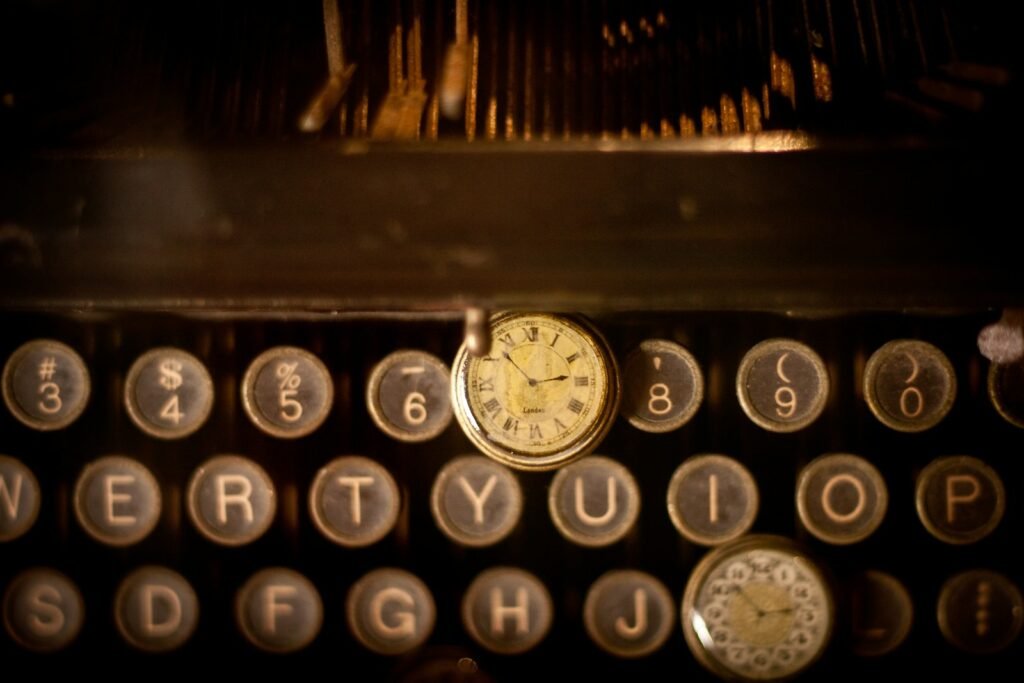
I. Introduction
Oh, the enigmatic world of reflective writing – a tapestry for your musings, adventures, and revelations to burst forth. As we venture down this path together, recall the profound words of Ralph Waldo Emerson: “Thought is the bloom; language the bud; action its fruit.” Your reflective composition is your moment to bloom, allowing your thoughts to soar and your words to pirouette on the page.
In this boundless realm of academia, your reflective essay acts as a beacon – illuminating the reader through the shadowy depths of your psyche. So, seize your pen or perhaps even embrace modernity with a keyboard in hand, and let us plunge into the abyss of introspection. As Oscar Wilde whimsically pondered: “I never journey without my journal. One must always possess something remarkable to peruse on transit.” Your reflective essay ought to be nothing less than remarkable; an expedition worth revisiting and a narrative worth sharing.
Developing Your Reflection in the Body
Now that your introduction has been meticulously polished, it’s time to delve into the heart of your essay. This is where the real magic happens, where your initial thoughts are transformed into something truly profound. Picture it as brewing a cup of coffee – it requires patience, precision, and a generous amount of stirring to achieve that perfect balance of flavors.
As you craft the body of your reflective essay, don’t be content with skimming the surface like a stone skipping across water; instead, immerse yourself in your thoughts and emotions. Plant yourself firmly on the muddy banks and wade in deep. Let the ripples of reflection spread out around you, exploring every crevice and corner of your innermost ponderings. Remember Maya Angelou’s words: “There is no greater agony than bearing an untold story inside you.” Release those stories onto the page, creating a tapestry of introspection that will captivate your reader from start to finish.
Adding Depth with Critical Analysis
As you journey into the mysterious depths of critical analysis within your reflective essay, prepare yourself for a task that requires full commitment and unwavering focus. No more shallow observations; it’s time to plunge into the abyss and unearth the hidden treasures lurking beneath the surface of your thoughts and experiences.
Imagine yourself as a perplexed investigator, navigating through the twists and turns of your essay like Sherlock Holmes on a mission. Scrutinize every detail with precision, just as Holmes would meticulously examine a crime scene. Seek out subtle clues, make unexpected connections, and unravel underlying meanings that may elude casual observation. In the wise words of Maya Angelou, “I’ve learned that people will forget what you said, people will forget what you did, but people will never forget how you made them feel.” So, strive to evoke profound emotions in your readers by unveiling layers of significance in your reflections. Let your insights burst forth like fireworks in a stormy sky, illuminating the path through the labyrinthine maze of your thoughts.
Crafting a Memorable Conclusion
Approaching the final leg of your reflective essay, the task at hand is to construct a conclusion that bewilders and captivates your readers. Picture it as the grand finale of a mesmerizing magic show – it must dazzle and astound, leaving an indelible mark on those who witness it.
But how does one accomplish such a feat? Firstly, refrain from introducing fresh concepts in your conclusion. Instead, envision it as a tapestry woven from threads of your main arguments, but with an added burst of brilliance. Consider parting ways with your audience by posing a question that ignites their thoughts or sharing a quote so potent that it reverberates with the very essence of your essay. In the wise words of Maya Angelou, “People will forget what you said, people will forget what you did, but people will never forget how you made them feel.” Allow these sentiments to steer you toward crafting an ending that lingers in the recesses of both mind and soul.
Editing and Revising Your Reflective Essay
Whether you find yourself in the depths of writing expertise or just dipping your ts into the reflective essay pool, one thing remains certain – the true magic happens during the editing and revising phase. It’s a time where you become a literary detective, searching for those elusive run-on sentences and stealthily eliminating passive voice like a silent ninja. Your ideas must be honed to perfection, sharp as a katana on an important mission.
As you venture into this labyrinthine journey of editing and revising, remember that perfection is but an enigmatic myth, akin to unicorns or stumbling upon the perfect cup of coffee on a dreary Monday morning (a dream we all share). Embrace each alteration with open arms, knowing that every tweak brings you closer to achieving essay brilliance. Allow your creativity to roam free and let your words pirouette across the page as if no eyes were watching. Remember the wise words of Ernest Hemingway himself: “The first draft of anything is garbage.” So embrace that initial messiness, refine it diligently, and witness it transform into a sparkling gem amidst rough terrain.


